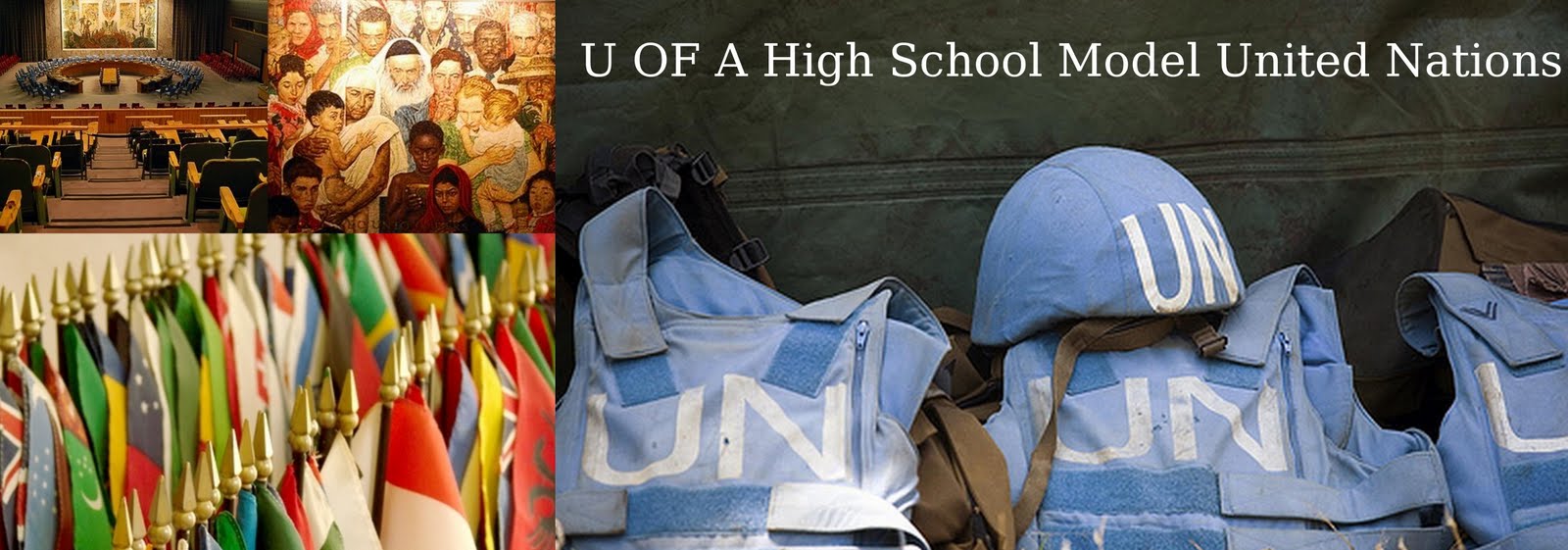
Hey delegates,
With the holidays upon us, what else is your faithful DISEC crew doing but blogging about small arms and military tactics :)
In all seriousness though, we've got a couple new issues for you to think about for your second topic on military tactics resulting in high civilian casualties:
1) Sri Lanka: same old, same old - Just when you think Sri Lanka has opened meaningful investigations into military tactics used during the civil war, its internal investigations suspiciously absolve the military of all wrongdoing despite massive civilian casualties. Is it time to consider institutionalizing independent commissions run by the international community following armed conflicts? Are third parties the only ways to verify and establish wrongdoing?
2) Non-state actors: where do they stand? - The Geneva Convention was drafted in the aftermath of World War II to bind state actors, yet the proliferation of non-state actors has broken the "legitimate monopoly on violence" traditionally held by state militaries. Because most armed conflicts involve non-state actors, this legal ambiguity has translated to the use of military tactics that sometimes deliberately endanger civilians in asymmetrical warfare with seemingly no repercussions. While we may focus our scrutiny on countries like the United States engaging in counterinsurgency tactics, the fact remains that non-state actors often exploit civilians as camoflage or even shields against attacks by larger forces, and deliberately attack them to spread terror because they're the easiest targets. Often, they do this without legal or political consequences as they continue to receive support but are never brought before international courts. This article offers one interpretation of how the Geneva Convention applies to non-state actors and, more broadly, what can we do to engage these groups and what the international community can do to hold them accountable by denouncing their actions and refusing to shelter these groups. Yet largely, these non-state actors (rebel groups, insurgents, etc.) operate outside of the law and are never brought before international courts for crimes against humanities. Other articles show that the best practices might be to engage non-state actors in new frameworks like the Geneva Convention to extract commitments to respect civilian status and altering military tactics that place civilian populations in danger. In your working papers you might want to think about the changing nature of warfare and how we can make non-state actors more accountable for the tactics they use.
Signing off for Christmas festivities, but in the meantime...
Happy researching!




No comments:
Post a Comment